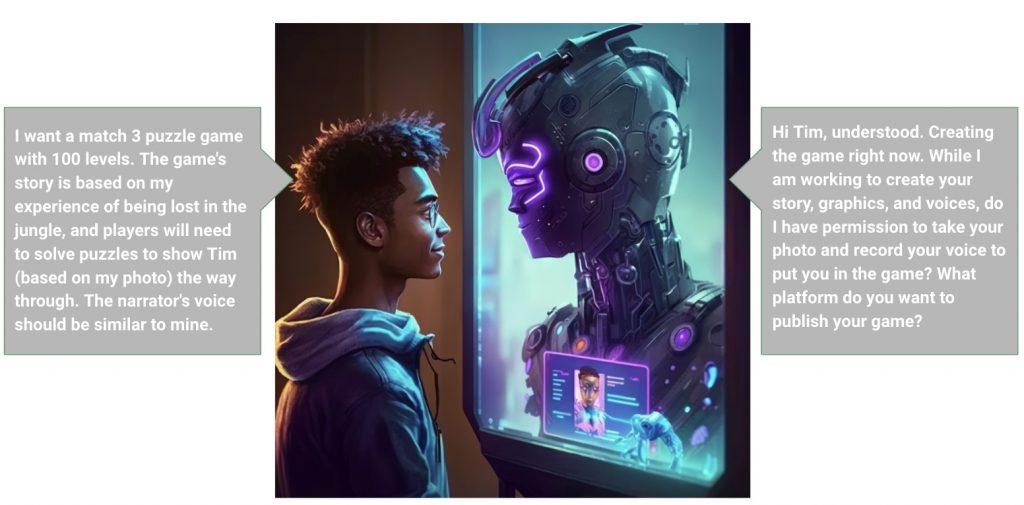How Generative AI Will Disrupt The Gaming Industry
Last week, I delivered a well-received talk on “Generative AI and Democratization of Game Development” at Pocket Gamer Connects Seattle. Given the significant interest, I am putting the slides here and then will gradually format it to become an article about what I believe will be the impact of generative AI in disrupting the gaming industry. Follow me on Twitter for further thoughts and updates!
Update: The video is out and you can check it out here:
The Current State of Game Development
- Growing number of developers and increasing ratio of indie developers
- More-accessible and feature-rich game engines
- High development costs and time
- Diverse skill-set requirement
- Use of middleware and tools
- No-code movement
- Increasing role of data and analytics
- Remote and distributed development
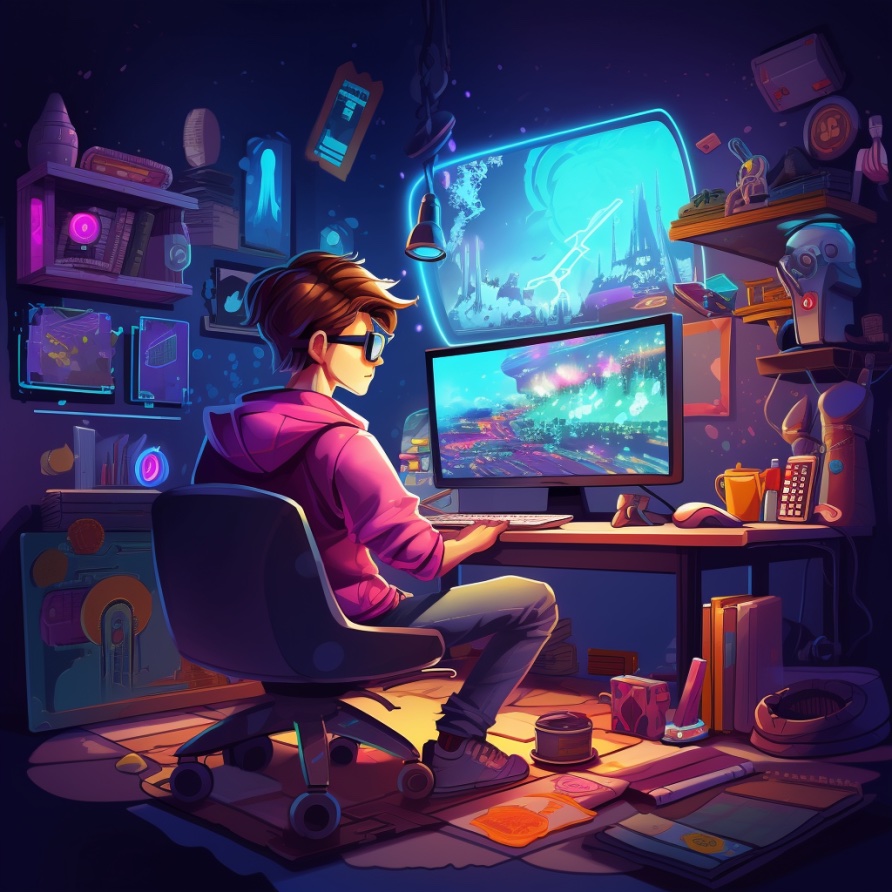
Rise of the Creator Economy in Gaming
- There are more than 50 million people worldwide that consider themselves creators, making it the fastest-growing small-business category.
- The creator economy has led to an explosion of user-generated content in the gaming world.
- Lucrative opportunities for creators
- Growth of modding communities
- These trends are transforming gaming from a consumer activity into a creative one, where players are not just consumers of games, but creators as well.
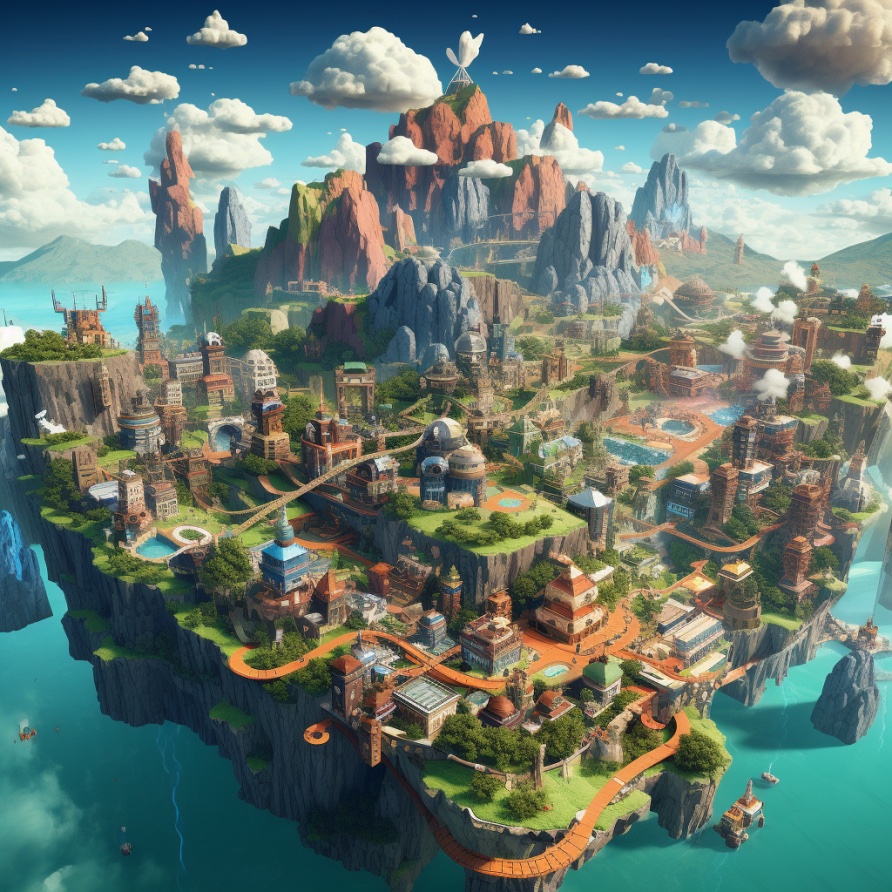
What is Generative AI?
- What is Generative AI?
- Generative AI is a subfield of artificial intelligence that trains models to create new, original content. It works by learning patterns in the data it’s trained on, and then using those patterns to generate similar, but new, content.
- Generative AI techniques, such as Language Models (LLMs), Text-to-Image, and Text-to-3D Models, are specific applications within the broader field of generative AI.
- How does ChatGPT work?
- It’s trained on a wide range of internet text, and it works by predicting the next piece of text given the previous one, making it excellent for creating dialogues and narratives.
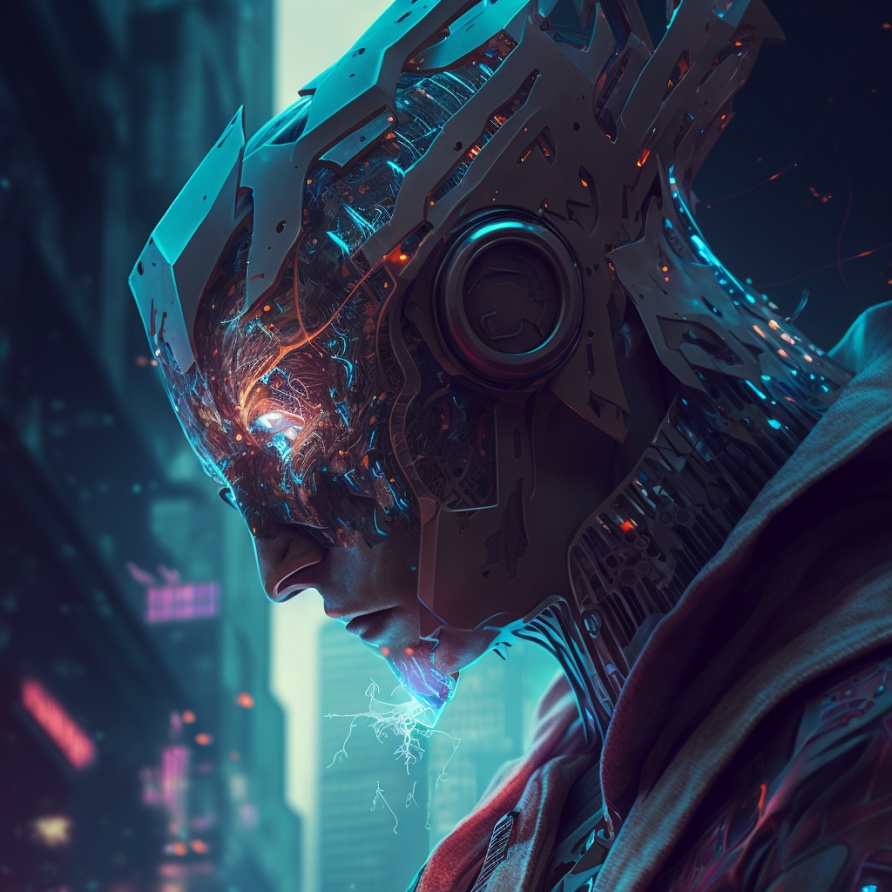
Generative AI in Games – Conceptual Design
- Idea Generation:
- Generative AI algorithms can analyze existing game concepts, mechanics, and player preferences to generate new and unique game ideas. This can help designers explore uncharted territories and come up with innovative game concepts.
- Game Genre Blending:
- AI can assist in combining elements from different game genres to create hybrid or unconventional game concepts. This can result in exciting and fresh gameplay experiences that transcend traditional genre boundaries.

Generative AI in Games – Storytelling
- Dynamic Storytelling
- AI can create dynamic and adaptive narratives by analyzing player choices, actions, and game states. This enables branching storylines and personalized storytelling experiences, where the player’s decisions shape the outcome of the story.
- Procedural Dialogue Systems
- AI-powered dialogue systems can generate dynamic and contextually relevant conversations between characters. By analyzing the game state, player choices, and character traits, generative AI can produce natural language responses and drive interactive dialogue sequences that enhance immersion and character development.
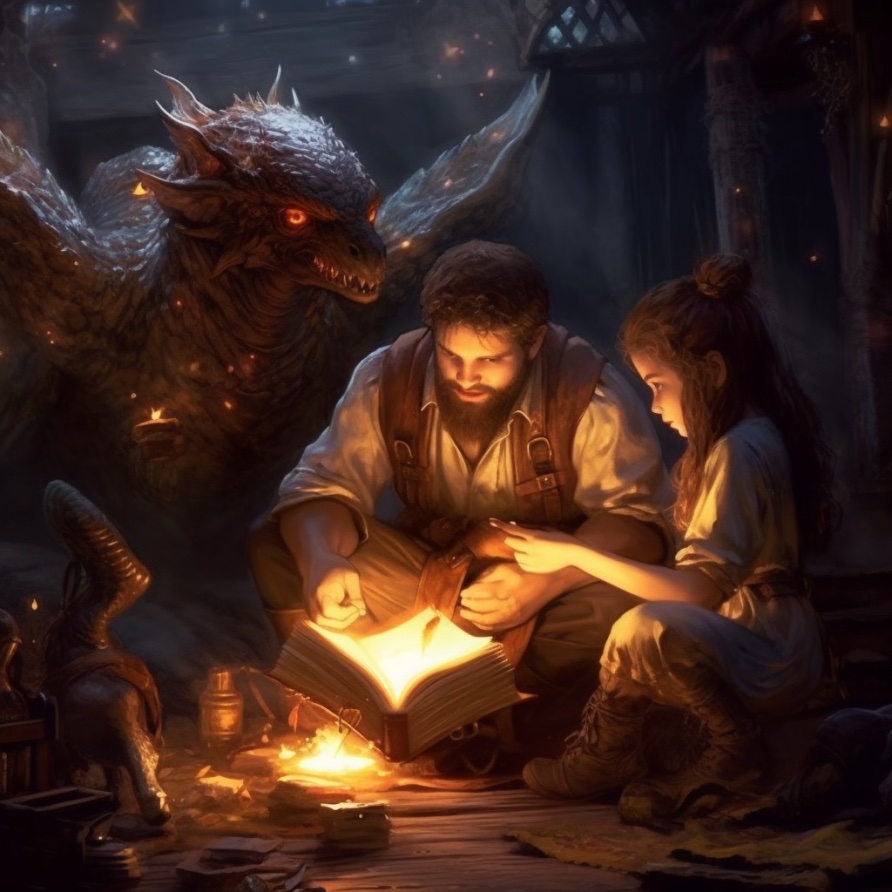
Generative AI in Games – Game Mechanics
- Generative AI-Driven Rule Generation
- Utilize Generative AI algorithms to generate new game rules or mechanics based on existing patterns or genres. This can lead to the creation of innovative gameplay mechanics or the fusion of different rule sets from various genres, resulting in unique and engaging gameplay experiences.
- Generative AI-Powered Procedural Puzzle Design
- Implement Generative AI algorithms to dynamically generate puzzles with varying levels of complexity, providing players with an endless supply of challenging and engaging puzzle experiences.
- Generative AI-Enhanced Player Progression Systems
- Utilize Generative AI to analyze player behavior and preferences, generating personalized player progression systems. This can involve dynamically adjusting difficulty curves, unlocking new abilities, or providing tailored challenges based on individual player performance.
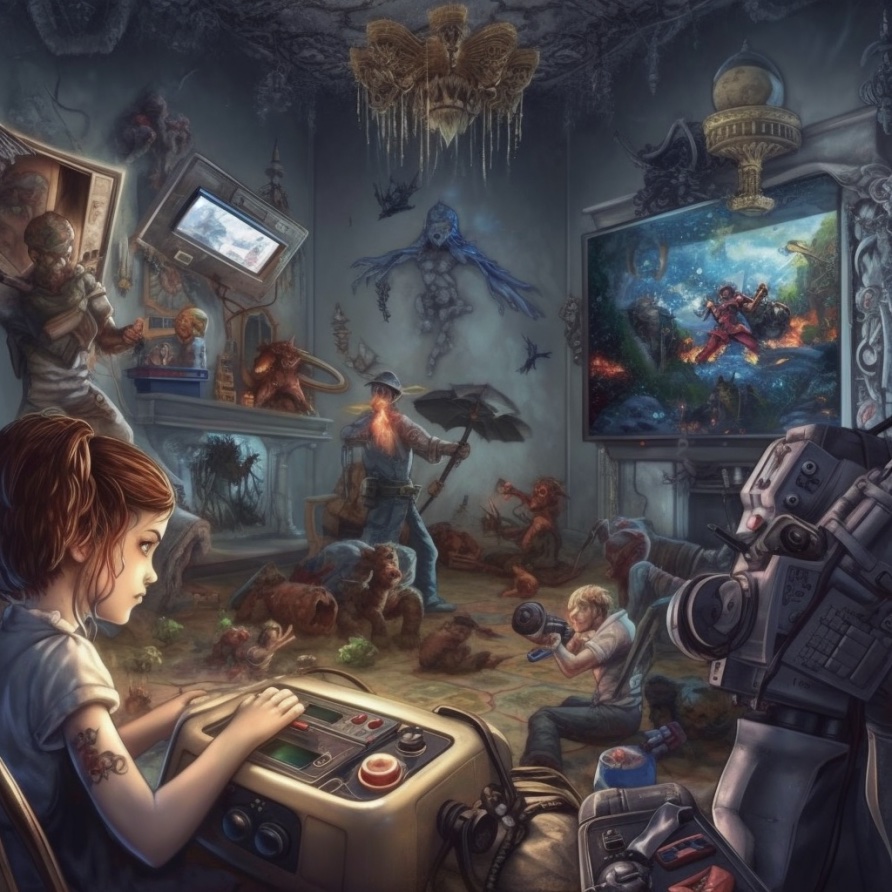
Generative AI in Games – Conceptual Art
- Style Emulation and Fusion
- Generative AI can emulate the styles of renowned artists or art movements and apply them to concept art. This allows artists to experiment with different artistic influences, fuse multiple styles together, or create unique and visually striking combinations.
- Asset and Character Design
- Generative AI can assist in generating concept art for assets and characters by analyzing existing designs, combining different elements, or generating variations. This supports the exploration of different visual possibilities and the creation of a diverse cast of characters and objects.
- Quick Sketching and Ideation
- Generative AI can aid in quick sketching and ideation processes by generating rough outlines or shape suggestions. This provides artists with a starting point, allowing them to iterate and refine their ideas more efficiently.
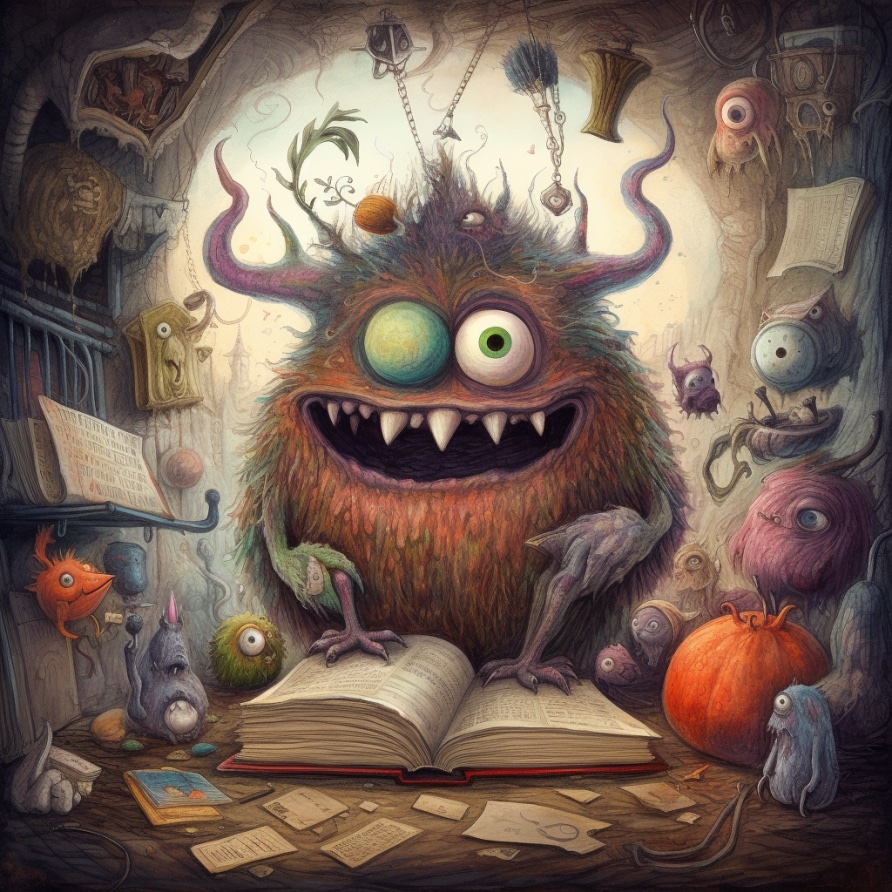
Generative AI in Games – 3D Art and Modeling
- Procedural 3D Modeling
- Generative AI algorithms can automate the generation of 3D models based on predefined parameters or references. This allows for the quick creation of a vast array of assets, such as characters, objects, or environments, with variations in shape, size, or style.
- Terrain and Environment Generation
- AI algorithms can procedurally generate realistic terrains, landscapes, and environments, including mountains, forests, or cityscapes. This allows for the creation of expansive and visually appealing game worlds with minimal manual effort.
- Optimization and Detail Enhancement
- Generative AI can optimize 3D models by reducing polygon counts or optimizing topology while preserving visual quality. It can also enhance models with additional details, such as surface imperfections or weathering effects, to add realism and depth.
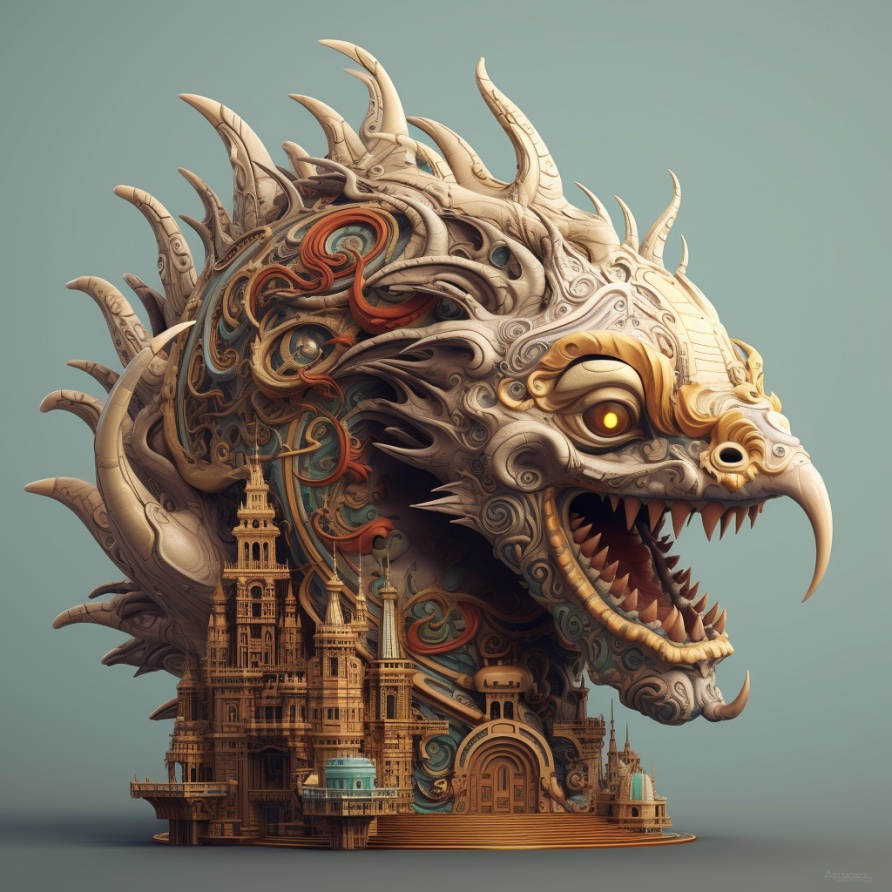
Generative AI in Games – Textures
- Procedural Texture Generation
- Generative AI algorithms can create procedural textures for game assets such as characters, environments, objects, or terrain. By defining parameters such as color variations, patterns, or surface details, AI can generate a vast array of textures, allowing for endless variations and reducing the need for manual texture creation.
- Detail Generation and Enhancements
- AI algorithms can analyze existing textures and generate additional details or enhancements, such as adding weathering effects, scratches, or wear and tear. This brings depth and realism to textures, making game assets appear more visually compelling and immersive.
- Dynamic Texture Adaptation
- AI can dynamically adapt textures based on in-game conditions, such as weather changes or environmental factors. This allows textures to respond and evolve during gameplay, providing a dynamic and immersive visual experience for players.
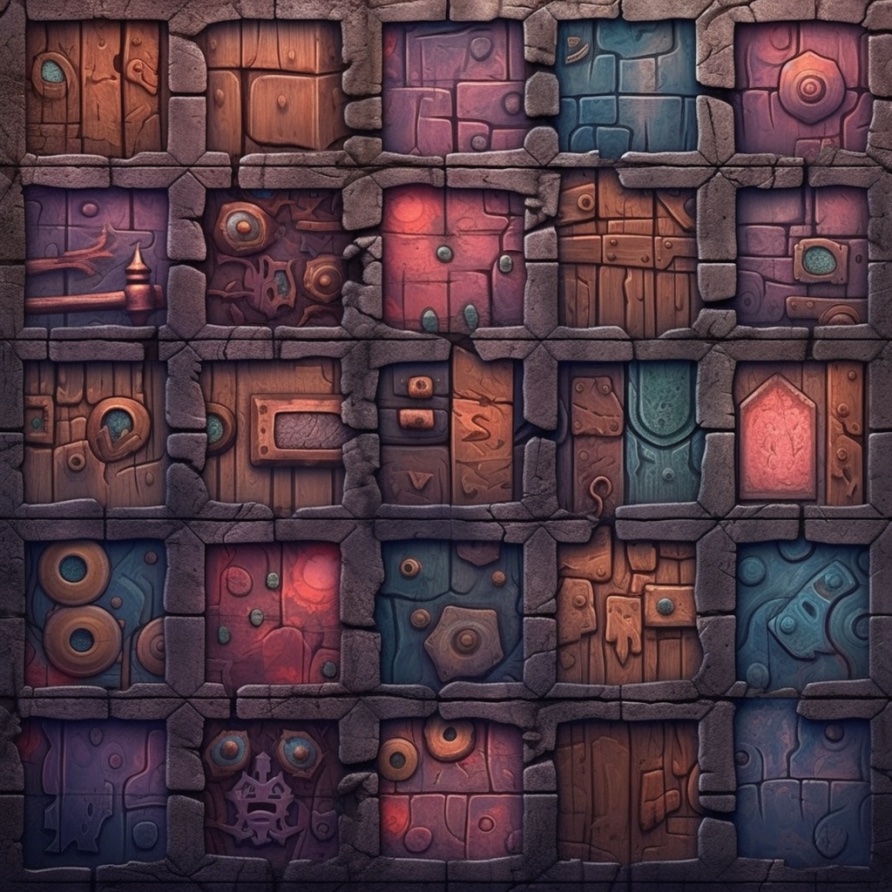
Generative AI in Games – Animation & Rigging
- Procedural Animation:
- Generative AI algorithms can generate procedural animations based on physics simulations or predefined rules. This enables the creation of natural and dynamic character movements without the need for extensive manual keyframing.
- Motion Capture Enhancement:
- AI techniques can analyze motion capture data and enhance animations by adding additional details or smoothing out imperfections. This results in more realistic and nuanced character movements, bringing virtual characters to life.
- Procedural Facial Animation
- AI algorithms can generate realistic facial animations by analyzing speech patterns, emotions, or reference expressions. This enhances the expressiveness and believability of virtual characters during dialogues or emotional scenes.
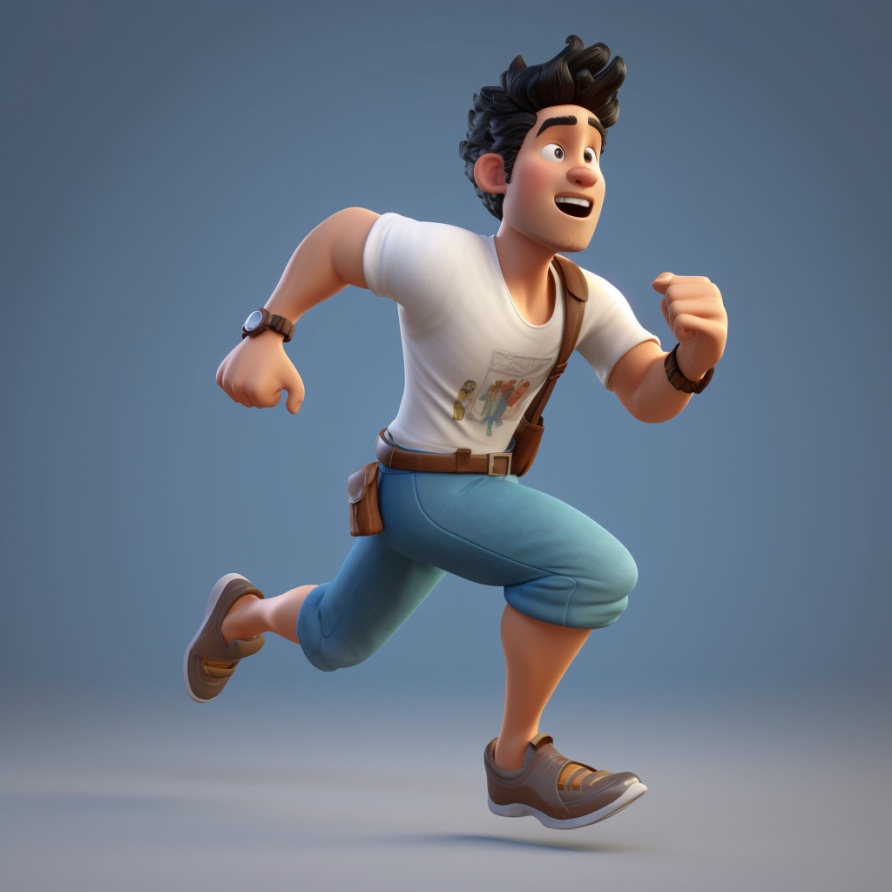
Generative AI in Games – Audio – Sound Effects
- Real-time and interactive
- Footsteps interaction with terrain
- Walking, Running, on different surfaces.
- Environmental Sounds
- Realistic ambient sounds such as rain, wind, or cityscapes, adapting them dynamically to the in-game environment.
- Weapon Sounds
- AI algorithms can generate unique weapon sound effects based on various factors like the type of weapon, material, and environment, resulting in more realistic and diverse audio.
- Creature Vocalizations
- With generative AI, developers can create convincing vocalizations for creatures, monsters, or aliens, offering a more immersive and interactive gaming experience.

Generative AI in Games – Audio – Music and Voice Acting
- Music
- Immersive and Interactive Music
- Dynamic Soundtracks
- Generative AI can compose adaptive music that seamlessly changes based on the gameplay, enhancing the mood and tension in real-time.
- Interactive Musical Systems
- AI algorithms can generate music that responds to player actions or emotions, creating a personalized soundtrack that evolves with the gameplay.
- Imagine the potential in VR combined with haptics
- New music-driven game types
- Voice-Acting
- AI-powered voice synthesis can create character voices on-the-fly, reducing the need for extensive voice recording sessions and enabling dynamic storytelling.

Generative AI in Games – Creating Complete Games
- Expansion of One IP
- Generative AI can analyze existing game content, mechanics, and assets to generate new levels, quests, characters, or storylines that seamlessly integrate with the established game world. This enables the expansion and continuous evolution of a single game IP, providing players with fresh experiences.
- New Types of Games Fully AI Generated
- Generative AI algorithms can create entirely new types of games by autonomously generating game rules, mechanics, environments, and assets. This allows for the creation of unique and innovative gameplay experiences that were not previously conceived by human developers.
- AI Tools to Create Full Games
- Generative AI can be used to develop AI-powered tools that automate various aspects of game development, including level design, procedural generation, asset creation, and even narrative generation. These tools empower game developers to create full games with reduced manual effort and increased efficiency. Generative AI will allow to create games in one go: RiseAngle’s AI Game Creator
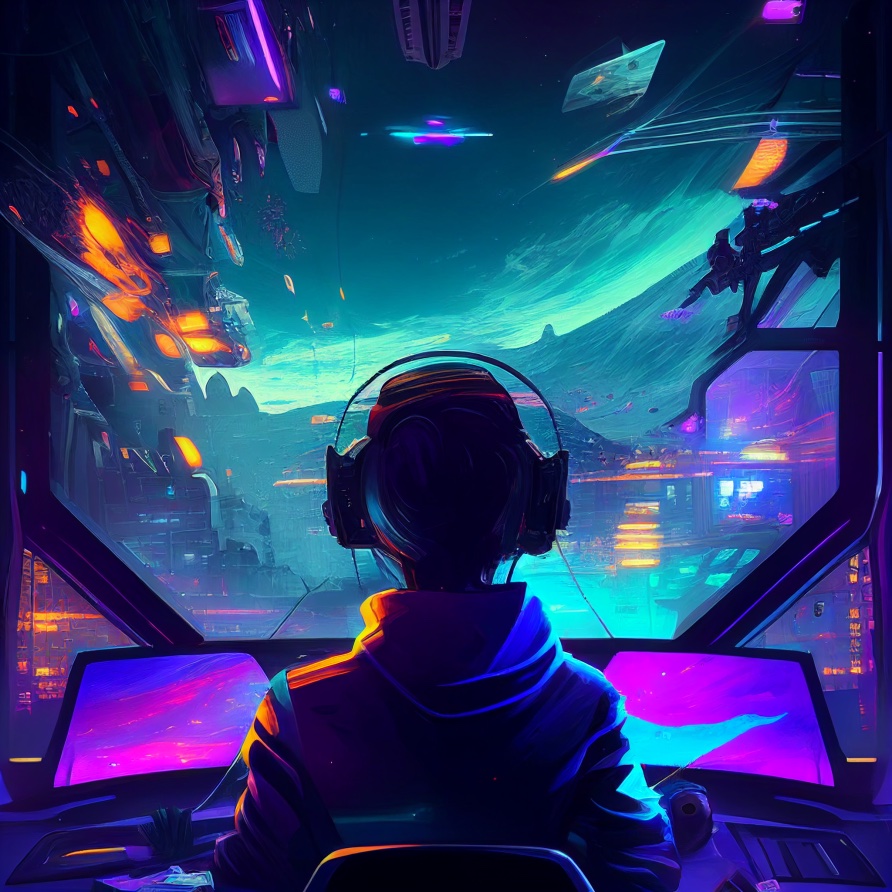
Paradigm Shift: Development to Creation
- Game Development will transform to Game Creation
- The creative aspects will grow and the technical aspects will shrink; done by AI.

Predictions: Game Development
- More and better tools to create games. More companies building tools
- Less expensive and faster to create games
- Less expensive and faster to create massive game worlds, allowing for longer gameplay times
- Automatically-created games will enter the market
- The nature of game development jobs from design to testing will change. Talent who is knowledgeable about Generative AI will have an edge.
- New rapid game development and iteration systems and standards will emerge
- No-code game development movement on steroids
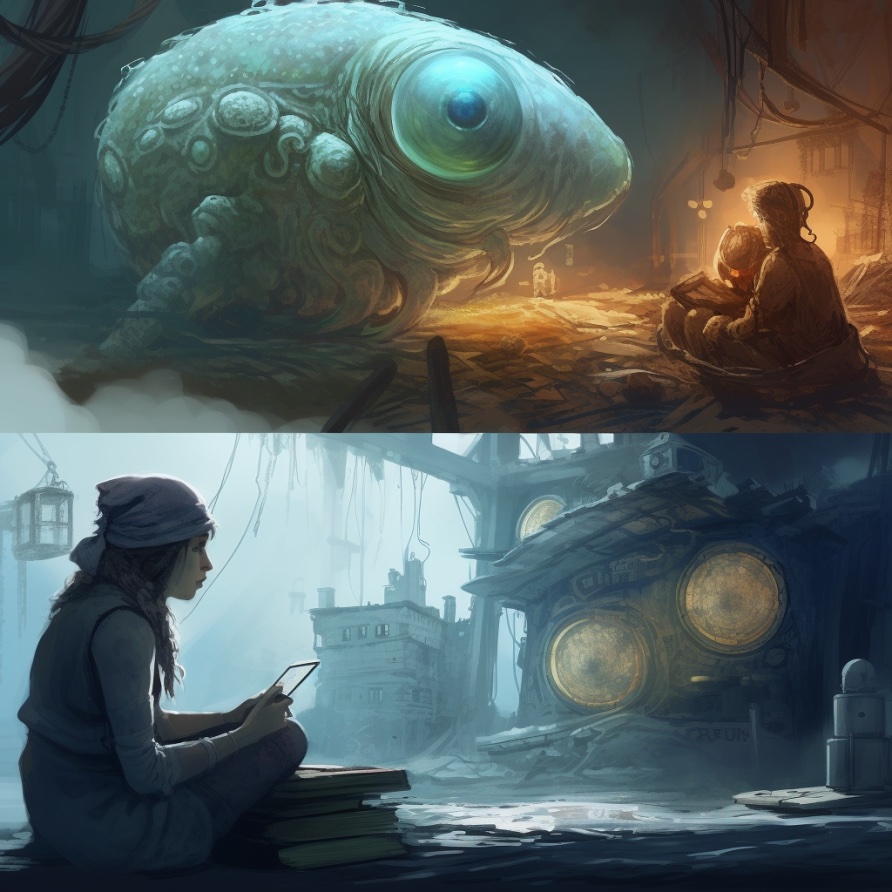
Predictions: Games in the Market
- Quality of games will increase across the board
- Growing number of games in the market
- Innovation explosion: New game genres and types that were not possible before
- Personalized and adaptive games: Games that adapt to the player’s skills and preferences
- Emergence of AI as a player: AIs that can play games at human level, providing challenge and companionship
- Massive gaming IP franchises with unlimited stories & gameplay. Gamers will switch when they are tired of that metaverse, not when they are out of content.
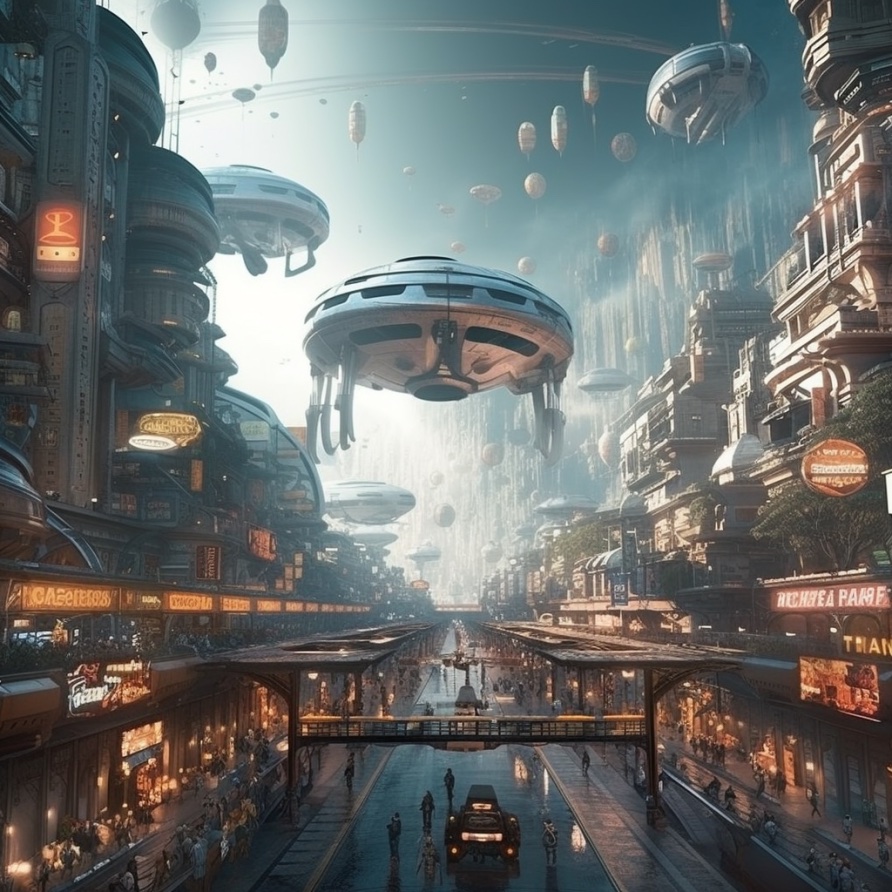
Predictions: Game Creators and Teams
- Growing number of game creators
- Higher ratio of indie game developers & creators
- A much smaller team will be able to create a AAA game, with much less budget.
- UGC platforms and modding will grow with more creators building for them
- A much smaller team will be able to create a AAA game, with much less budget.
- Many of the gamers will become game creators and the size of creator economy will boom.
- Game creation will go mainstream
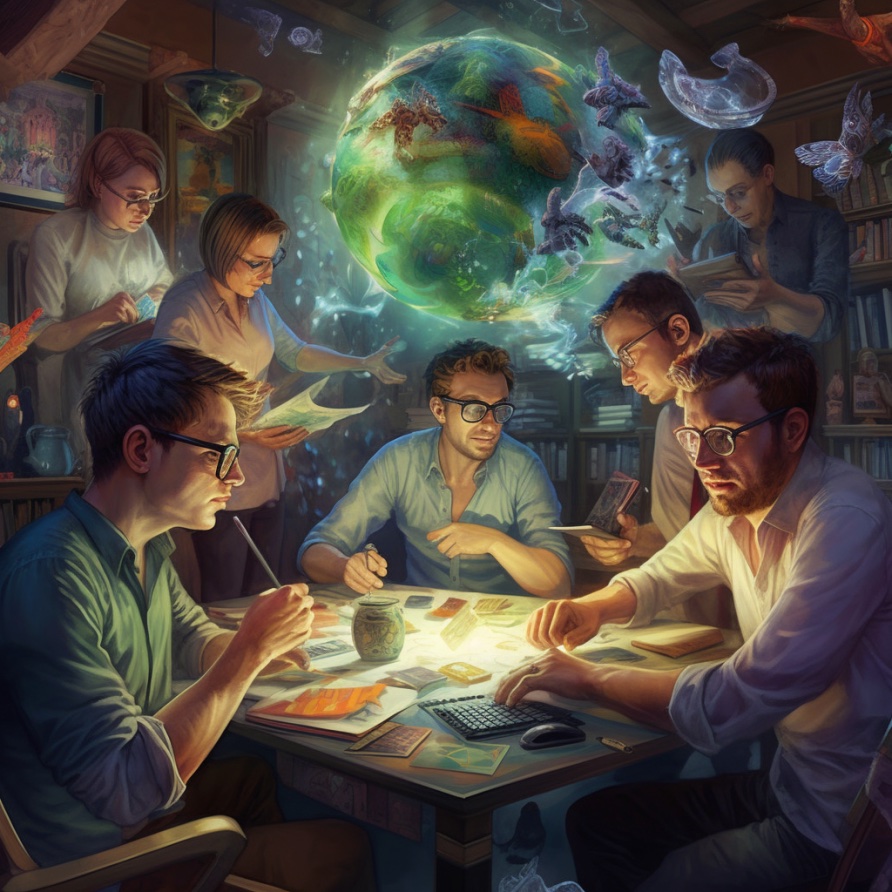
Predictions: Market
- Gaming will be redefined as a medium, the market size of gaming will exponentially grow, wildly above all market research predictions.
- With more number of games, discovery will become even a bigger issue
- Influence and virality will become even more important in success of games
- Getting the community involved early becomes more important as well as social aspects
- Rapid prototyping and go-to-market
- Ratio of marketing/development budget will increase
- New platforms for game discovery will emerge
- As more gamers become game creators, crowdfunding in games will explode
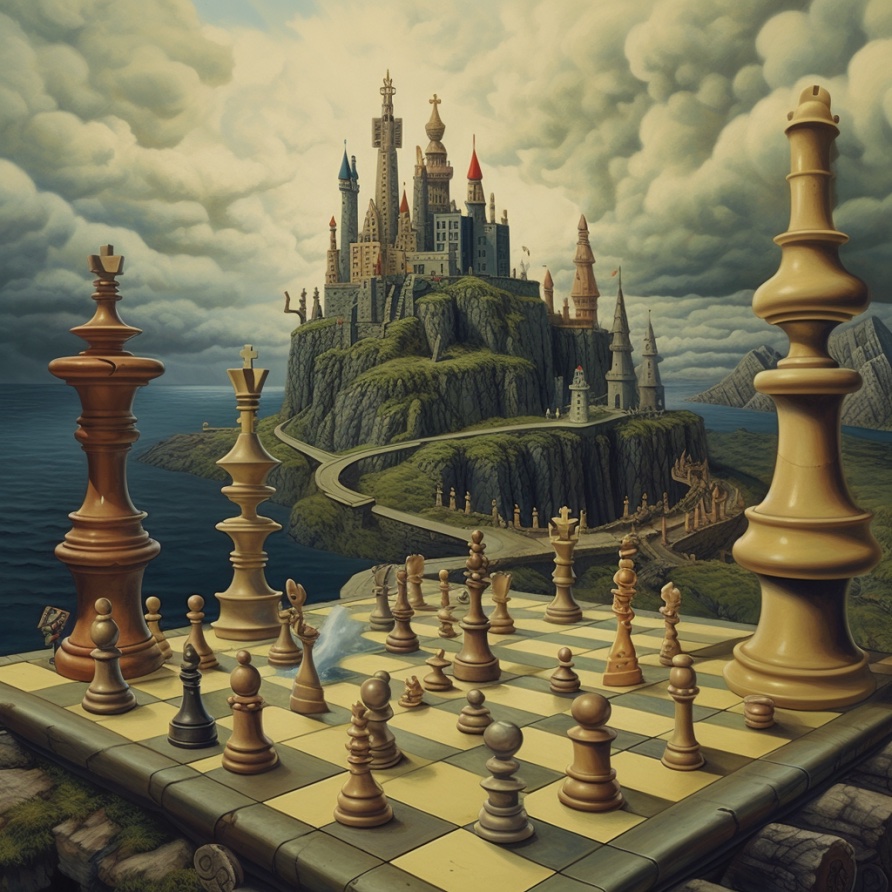
Opportunities Ahead
- Building generative AI tools for game development
- Creating more meaningful games with deeper storylines
- Building more levels & bigger worlds, allowing for better retention & monetization of existing users
- Creating new types and genres of games
- More revenue sharing platform opportunities for creators
- Opportunities in educating others and enabling them to adapt to gaming industry transformation
- Leveraging games for simulation, training, education, and work
- New monetization opportunities from your existing IPs (such as RiseAngle)

Welcome to the Future of Game Creation by RiseAngle
